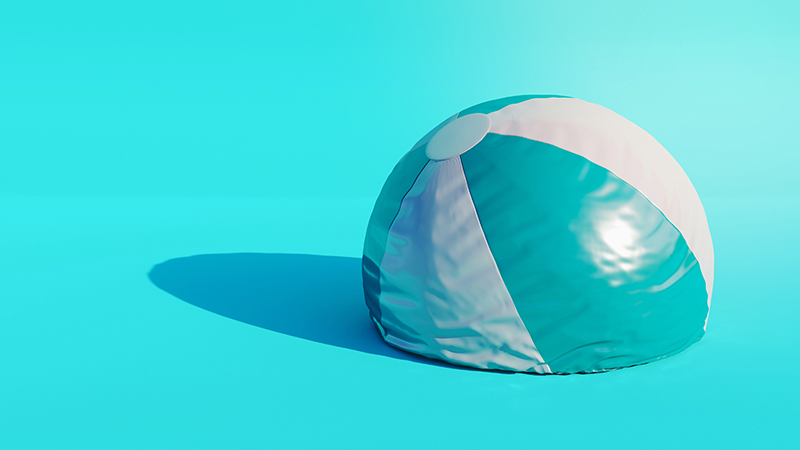The Truth About Tidying Up
Balance in Organization
Updated March 2023
Look around you. Is your space cluttered or clear? Can you see all your possessions, or are they neatly tucked away? Your space not only affects your mind, but also says a lot about what’s going on inside of it.
The popularity of organization experts and life coaches has many reassessing their tidiness, or lack thereof.
Cleaning is a great coping strategy.— Allison G. Johnsen
There are two ends of the organization spectrum, which have to do with your personality, according to Allison G. Johnsen, a licensed clinical professional counselor, board-certified coach and professional development specialist at Northwestern Medicine Delnor Hospital. The opposite types of personality on the organization spectrum are:
More organized
- Future-oriented
- Sense of well-being is positively affected by productivity
- Good executors
Less organized
- Present-focused
- Go-with-the-flow
- Creativity is a strength
Tidy Up to Help Your Well-Being
If you fall into one of these three categories, tidying up can help.
- If you're a worrier
“Decluttering, organizing your space, can help you feel more peaceful and calm,” Johnsen says. - If you’ve experienced loss or trauma
“For some personalities, cleaning is a great coping strategy that helps you feel normal, in control and reassured,” says Johnsen. “However, it can be taken to an extreme.” - If you frequently wander around your house looking for something
“That’s an indication that it may be beneficial to train yourself to keep track of your belongings. It will save you time in the long run,” says Johnsen.
Can You Tidy Up Too Much?
Yes. Organizing can become an obsession and can be accompanied by compulsive cleaning urges. Compulsions are repetitive behaviors or mental acts intended to reduce the distress or discomfort caused by the obsession. If this is the case, a bit of managed mess might serve you well.
“I educate clients who are compulsive about organization to leave some clutter in a specific space on purpose, repeatedly. This behavior, practiced over time, helps perfectionistic organizers to tolerate less-than-perfect environments,” says Johnsen. “It’s beneficial for them to deal with the anxiety of leaving a mess, so that eventually they realize that nothing bad will happen if they don’t tidy up the living room before they go to bed.”
Finding the Middle Ground
If you’re on either end of the organization spectrum, you may benefit from a shift in the opposite direction. Learning to tolerate what you can’t control is just as beneficial as having control over your external environment.
The same principle applies for living with someone with different organizational habits than you.
“If you’re sharing a space with somebody, it’s important to understand their preferences and determine rules for the space,” says Johnsen. “People who don’t need an orderly space may not understand that a clear space equals a clear head for some personalities. People who are more organized may not realize that people who prefer clutter may need to have disarray to see all the possibilities and not feel confined.”
Benefits of Organization
Tidying up can pay off in different ways.
- It saves time. “You’re more likely to be on time if you can find the things you need,” says Johnsen.
- It saves worry. “If you have control of your belongings, you have one less thing to worry about,” says Johnsen. “You’ll find it’s easier to relax if your environment isn’t a 3D to-do list.”
- It saves money. “Many people spend more money than necessary because they can’t keep track of their things,” says Johnsen. “You won’t have to buy a new can opener if you know where yours is. You won’t wind up with five can openers.”
How to Tidy Up
“Instead of asking yourself if something brings joy, first assess if you’ve used it in the past year, then ask if the object is important to you, then ask if it fits the lifestyle you’re looking to lead,” says Johnsen. “Your can opener may not bring you joy, but it’s certainly useful.”
Johnsen says you may not have to completely declutter your space either. “If you lack the time for a complete organizational overhaul, declutter the space that you interact with the most,” she says. “If you’re at work, place the clutter outside of your peripheral vision, and let it wait until you can finish more pressing tasks.”





